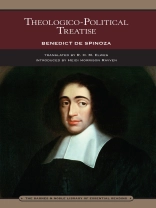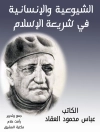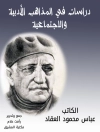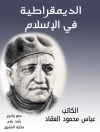Theologico-Political Treatise is the only work of Baruch Spinoza’s original philosophy published during his lifetime. The work has three purposes: to defend and bolster religious tolerance, to make a plea for freedom of thought and democracy, and to offer a new approach to the study and interpretation of the Bible and to its political uses. Despite the author’s attempt to disguise its origin—it was published in 1670 anonymously and with a false city of publication—the Treatise was quickly attributed to Spinoza and became a sensation. It was widely vilified, considered an illegal publication, and quickly put under local censorship and suppression. Nevertheless, unlike other banned books, the Theologico-Political Treatise spread like wildfire all over Europe and numerous copies of it in various European language translations were found in libraries from Britain and all over Europe.
Sobre el autor
Baruch Spinoza was excommunicated from the Jewish community of Amsterdam at age twenty-four, and he never joined another religious group but kept a respectful distance, attending religious services of various persuasions. He was born in Amsterdam to a Portuguese Jewish family who had fled to the Netherlands, escaping the persecutions of the Catholic Inquisition which, in 1497, had forced all the Jews of Portugal to convert to Christianity. He is best known as the author of Theologico-Political Treatise and Ethics.












